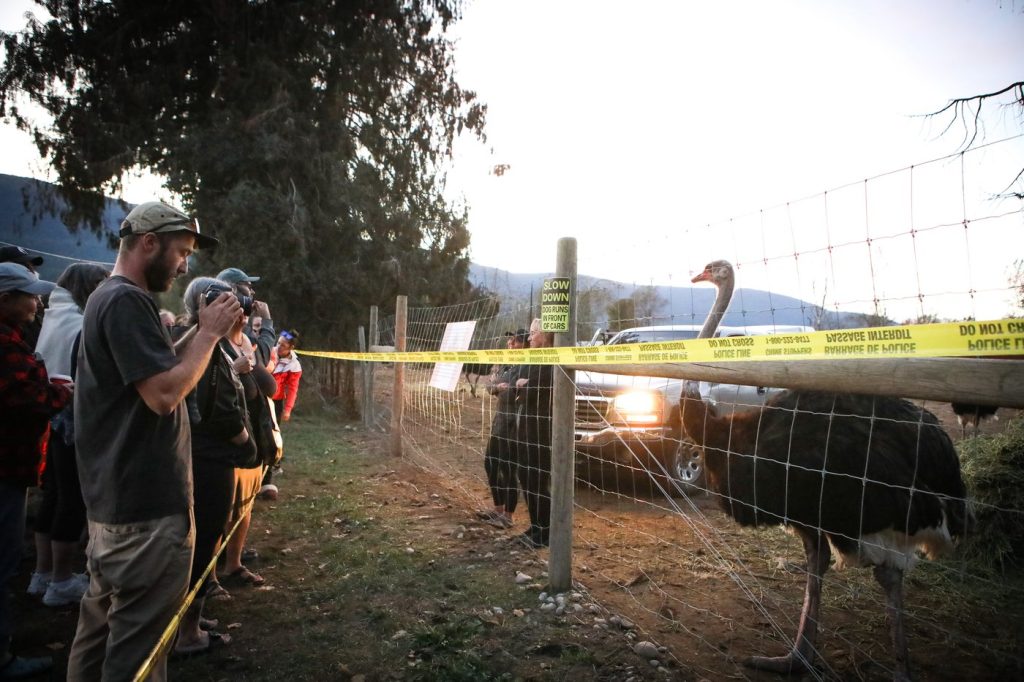Coffee enthusiasts throughout Canada are grappling with escalating prices as their daily caffeine fix becomes increasingly expensive. Major coffee chains, notably Tim Hortons, have not escaped these economic dynamics. The chain recently announced an average price increase of 1.5 percent per cup, translating to an additional three cents, attributing the rise to soaring coffee bean costs and broader inflationary pressures.
Recent data from Statistics Canada indicates a staggering 27.9 percent spike in coffee prices as of August compared to the same period last year. This unprecedented increase is prompting many Canadians to reevaluate their coffee consumption habits. In cities like Calgary, some individuals are opting for DIY coffee solutions over spending at cafés.
"I’m addicted to coffee," confessed one Calgary resident. "But what I’ve done is instead of having lattes every day, I’m down to two days a week." Another local shared their surprise upon finding that a regular black coffee was nearing five dollars, adding, "Definitely will speak to the home-brew coffee versus going out and buying coffee for those prices."
The challenges contributing to this price surge can be traced back to adverse climatic conditions in major coffee-producing nations, particularly Brazil and Vietnam. These environmental difficulties have disrupted supply chains just as global coffee demand continues to surge. Sven Anders, a professor of Resource Economics and Environmental Sociology at the University of Alberta, emphasizes that consumers are now witnessing the direct effects of these trends in cafés and grocery stores, where prices have risen significantly.
Veteran coffee roaster Shawn McDonald highlights the dwindling reserves in Brazil, historically known as the "OPEC of coffee," as a crucial element influencing current prices. "They had thousands of warehouses that kept extra product. When the price moved up, they would enter it into the market. But a lot of those warehouses are empty now," he noted, underscoring the rapid depletion of available stock.
Interestingly, while the largest recorded single-year increase in coffee prices occurred in 1995 with a 36 percent leap, Statistics Canada data illustrates a long-term trend in rising coffee costs. From 1979 to 2024, coffee prices have surged a remarkable 81.3 percent. McDonald, who has spent 35 years in the coffee business, maintains that he has never witnessed price fluctuations of this magnitude before.
Despite facing substantial sticker shock, some consumers remain hopeful. "Coffee, we need it," remarked a Calgarian optimistically. "Let’s be grateful we got the money to get what we need and just try to remain happy during this time and season of inflation." This resilience reflects a broader sentiment among coffee lovers who, while feeling the financial squeeze, continue to seek joy in their daily brews amidst rising costs.












